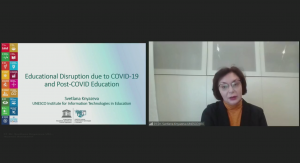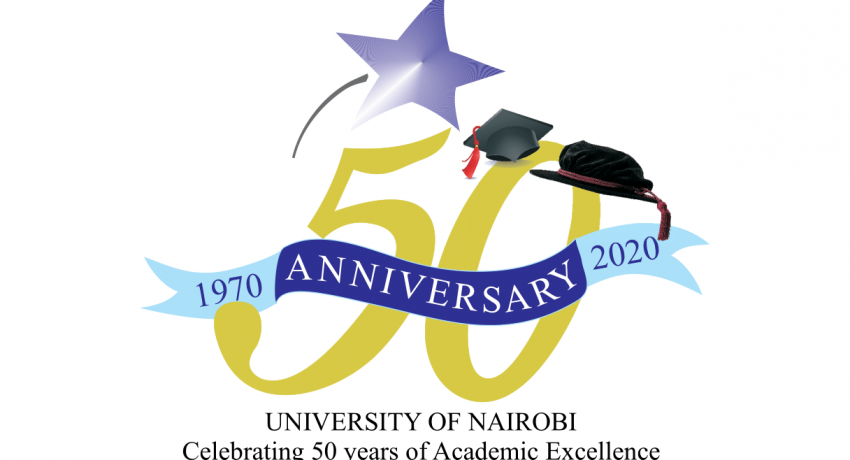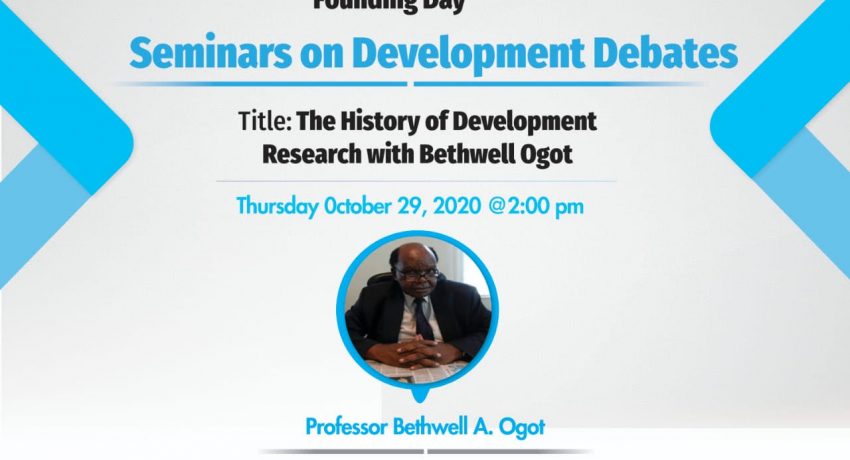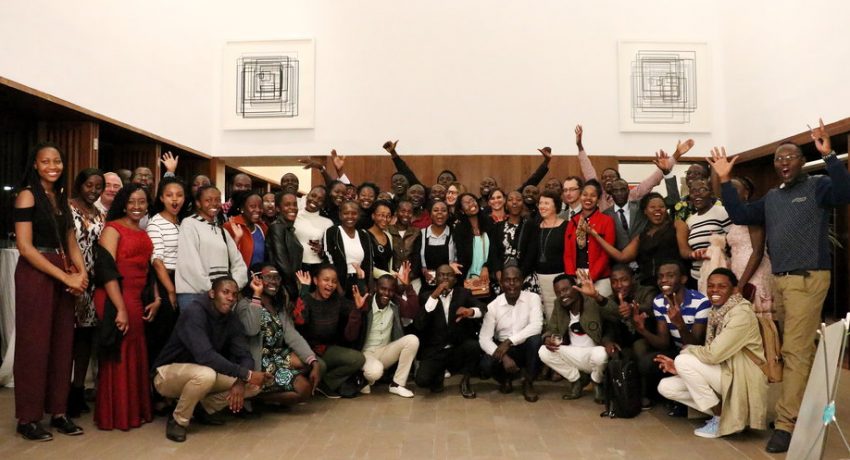In 2019-2020, the University of Nairobi and other Kenyan Universities sent 66 French Language Assistants to France to teach English in French High School for at least 7 months following the bilateral agreement between President Uhuru Kenyatta and President Emmanuel Macron of France when he visited Kenya in March 2019.
The program is one of the flagship programs of the UoN Office of Career Services in addition to that of Israel AICAT Program that gives our students a global exposure for at least one year.
The Embassy of France led by Her Excellency Mrs. Aline KUSTER-MENAGER, Ambassador of France to Kenya and Julie Briand, Attaché for Education and French announced the call for application for 2021-2022. 50 Positions are available to Kenyan nationals.
The deadline for Applications is 8th January 2021. Late applications will not be accepted. Apply now. Check the eligibility criteria and application process below
ELIGIBILITY CRITERIA AND APPLICATION PROCESS
Are you a Kenyan studying French and would like to become an English Language Assistant in France for 7 months?The recruitment campaign for English language assistants in France for the 2021-2022 school year is now open until 8th January 2021.
About 50 English assistant positions in metropolitan France and the French Overseas Communities are offered to Kenyan students for the 2021-2022 academic year. Worldwide, approximately 5000 positions are open to more than 50 nationalities of candidates.
Why?
This program is designed to give Kenyan students the opportunity to discover a new region and culture by working alongside an English teacher in a French school environment. It is not aimed at experienced teachers, and whether or not students intend to become language teachers, it is a fantastic opportunity to gain seven months of international professional experience.
This program is open to students of all disciplines who can demonstrate a competence in French, and who are seeking to increase their linguistic and cultural proficiency
50 Positions are available to Kenyan nationals.
What is the Role of the Assistant?
- Participate in language training for students in and out of class. Leading study on themes of civilization and, in general, aiming to interest students and teachers in the language and culture of Kenya.
- Provide help in the classroom with oral and written English for small groups of students. Working either with a teacher in their class, or leading a variety of exercises with a small group of students, or conducting a variety of activities outside of school hours, accompanying the teachers. The assistant will be expected to organize oral expression activities on their own with small groups of students or to work alongside the supervising teacher with the whole class.
- Provide linguistic and cultural assistance to teachers. The assistant can help the teachers on many extra occasions: visits, exchanges, exhibitions, drama groups, publication of a newspaper, school correspondence, club activities, creation of didactic material.
Who is eligible?
- Candidates must be KENYAN citizens. Permanent residents are not eligible.
- Candidates must be between 20 and 35 years of age at the time of taking up their positions
- Candidates must have completed their secondary education in KENYA.
- Candidates must be enrolled at an KENYAN university at the time of application.
- Candidates must have completed at least two years of university studies.
- A minimum Level B1 in Frenchis required
- Candidates must be native English speakers.
- Candidates should preferably be single, as the salary of an assistant is not adequate to support dependents.
Conditions of exercise
Duration: 7 months from 1 October 2021 to 30 April 2022. The duration of the stay may not be shortened or modified at the candidate’s discretion, except in cases of force majeure. Assistants enjoy the same holidays as French students and teachers.
Weekly service of 12 hours in class and preparation time for courses and activities to be scheduled of about 12 hours also. A “club” at the meridian break may also be asked to lead for one hour a week.
Positions available in primary and secondary schools. This service can be spread over one, two or three establishments.
Remuneration: currently, the net monthly salary of an assistant working in metropolitan France is €795. Please note that your first salary will be paid at the end of November 2021. You must therefore be able to advance your expenses (housing, insurance, rental deposit, telephone subscription, living and installation expenses) during the first two months in France. We strongly recommend that you provide a sum of money equivalent to at least 1500 euros for your first two months in France before receiving your first allowance.
Social security coverage: The assistants are covered by the French Social Security for the duration of their contract. Civil liability insurance and mutual insurance will be required.
Your visa: The French embassy in Kenya grants a free visa.
Transport: International transport to France is the responsibility of the assistant.
The French Embassy will offer 3 tickets to those who present the best results to the DELF/DALF.
Your accommodation: Accommodation in France is the responsibility of the assistant. It is therefore essential to find out about the rental property price in France (rents) and the disparities between the different academies. In order to statistically increase your chances of benefiting from accommodation provided by the host institution, it is advisable to focus on the following academies: Nancy-Metz, Besançon, Limoges, Caen, Rennes. Also note that the cost of living differs from region to region.
You will find all the information on the guide for the language assistant in France.
https://www.france-education-international.fr/sources/assistants-etrangers-france/guide-assistant-de-langue-en-france-2020-2021/
How?
Applications must be completed online by Friday January 8th, 2021. Late or incomplete applications will not be accepted.
You will find all the information on the guide for language assistants in France
https://www.ciep.fr/en/foreign-language-assistants-in-france /
https://www.ciep.fr/sites/default/files/atoms/files/assistants-langues_informations-pratiques_en.pdf /
https://www.france-education-international.fr/sources/assistants-etrangers-france/guide-assistant-de-langue-en-france-2020-2021/
APPLICATION FORM ONLINE:
The application form must be filled in electronically: https://www.france-education-international.fr/sites/default/files/atoms/files/dossier-candidature-unique-alve-2021-2022.pdf
You can download the tutorial by clicking here
Your application should be sent to application2020alveke@gmail.com and in hard copy to the French Embassy P.O.Box 41784 – 00100, Nairobi
For any supplementary information or questions, kindly get in touch with julie.briand@diplomatie.gouv.fr
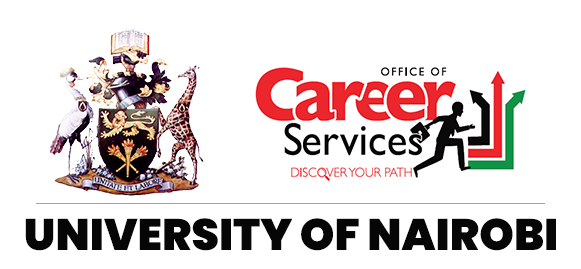

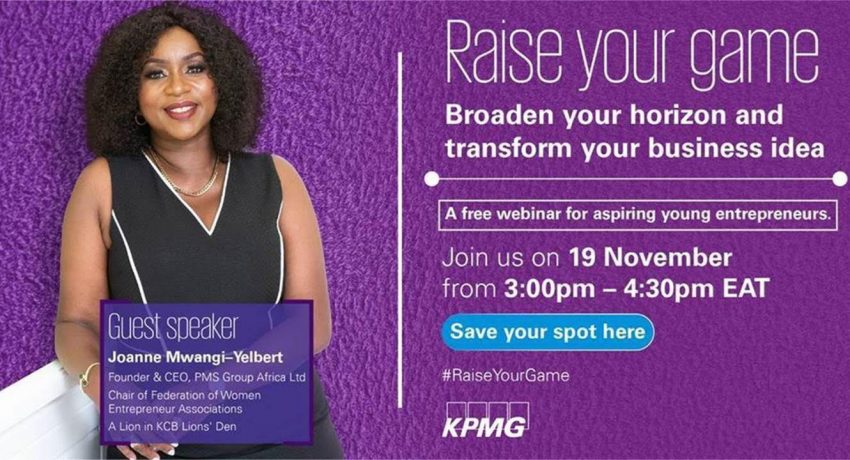
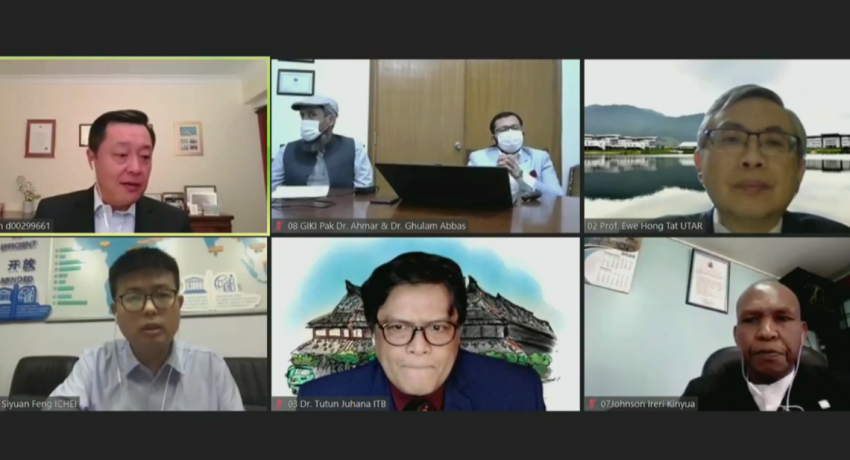
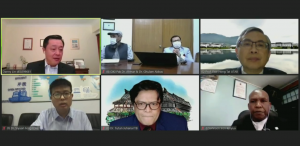 Live webcast of the Global Forum
Live webcast of the Global Forum